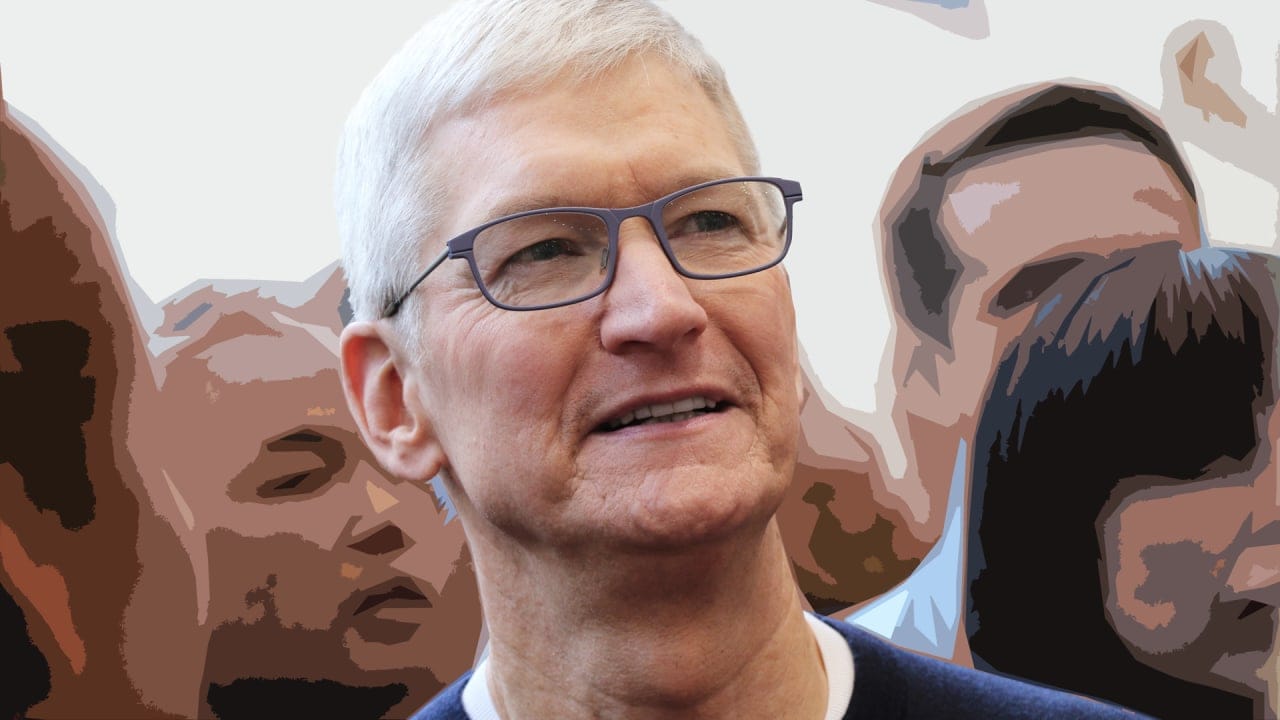In a landmark decision that has drawn significant national attention, a federal judge temporarily barred Elon Musk’s Department of Government Efficiency (DOGE) from accessing the U.S. Treasury Department’s critical payment system. The ruling, issued on February 7, 2025, highlights growing legal scrutiny over the integration of private sector leadership into public regulatory domains.
The order follows a lawsuit spearheaded by 19 state attorneys general, raising concerns over DOGE’s allegedly unvetted access to sensitive Treasury data. The plaintiffs argued that granting entry to the payment system without sufficient safeguards posed risks to both national financial operations and individual privacy. U.S. District Judge Colleen Kollar-Kotelly presided over the case and issued the preliminary injunction in response to these concerns.
The payment system in question handles trillions of dollars in federal transactions, including tax refunds, government benefits, and vendor payments. DOGE, a Musk-founded initiative intended to streamline government inefficiencies, was accused of potentially overstepping its authorized boundaries. According to the plaintiff states, DOGE’s involvement in the Treasury systems lacked sufficient oversight, raising questions about data security and misuse risks.
This restriction is reported as a temporary measure while the case moves through the courts. However, it serves as a significant impediment to Musk’s larger plans for modernizing governmental financial operations. Critics of DOGE’s access to sensitive government systems questioned whether private entities like DOGE could effectively balance innovation with stringent regulatory compliance.
In her ruling, Judge Kollar-Kotelly emphasized the “irreparable harm” that could arise from improper access to critical government data. “Federal systems managing trillions in taxpayer funds must be safeguarded against even the appearance of impropriety,” the court’s summary stated.
Musk, vocal in his support for reforming federal operations through public-private collaborations, has criticized the judge’s ruling as a setback to government efficiency projects. In a statement, Musk argued that DOGE’s role was primarily consultative and any security concerns could be mitigated through stronger data protocols rather than blanket access restrictions.
The lawsuit that precipitated this ruling alleges that portions of the federal government were bypassing normal protocols in granting DOGE access. Attorneys general from states including New York, California, and Illinois among others, contended that such actions undermine trust in public institutions. They also emphasized the importance of maintaining separation between oversight roles and the execution of financial transactions.
Meanwhile, Treasury officials have reportedly assured stakeholders that normal government operations remain unaffected by the legal proceedings. The department has not disclosed whether other entities had gained similar access privileges under DOGE’s reforms, although reports suggest DOGE’s access may have been unique due to Musk’s influence.
The story also underscores a broader debate about technology-driven solutions within government frameworks. Advocates of reform argue that partnerships with innovators like Musk can foster more agile and effective bureaucracies. Conversely, detractors raise flags over regulation erosion and ethical quandaries when private sector motives intersect with public finance responsibilities.
Legal experts anticipate that this case could lead to stricter regulatory guardrails governing public-private sector collaborations. The broader implications for Musk’s ventures and potential policy reforms aimed at reducing governmental inefficiency remain to be seen.
As this legal battle unfolds, stakeholders across the political and financial spectrum are closely monitoring its outcome. For now, DOGE’s wings have been clipped, marking a pause in its ambitious trajectory toward reshaping U.S. governmental processes.



